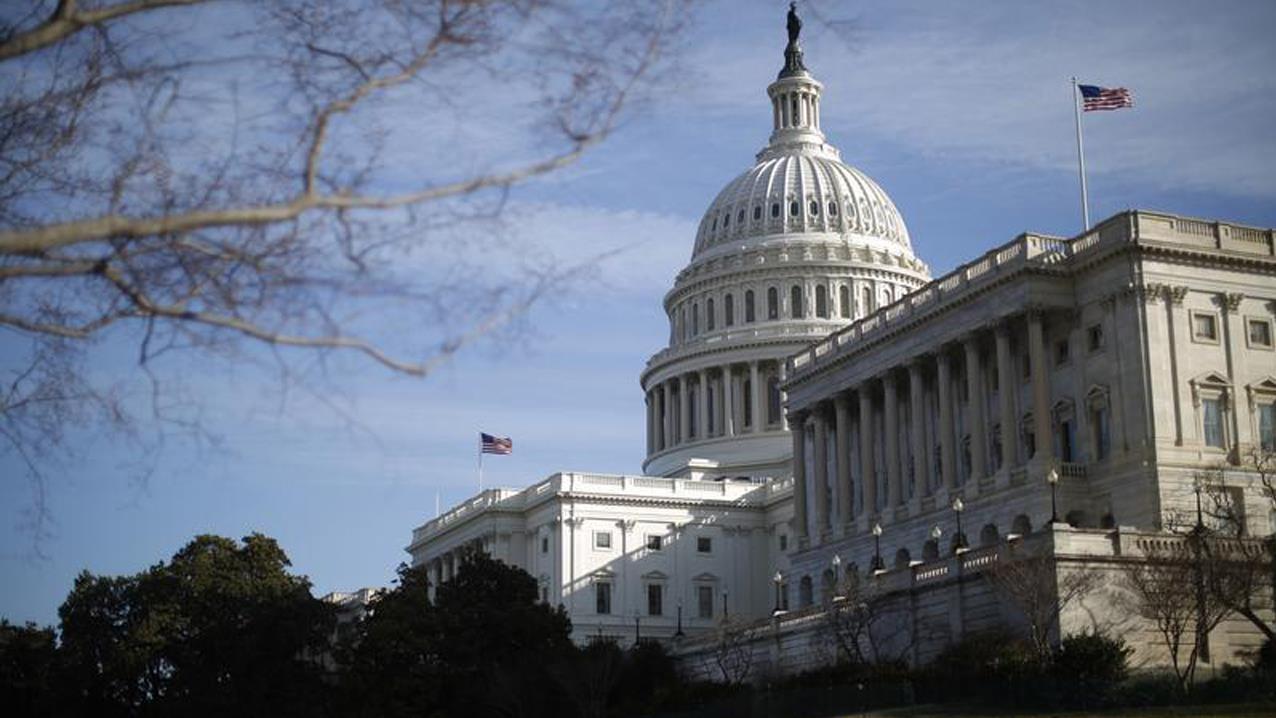Americans short-changing their 401(k)s
There has been much concern and speculation in recent days that U.S. lawmakers will cut the amount of money workers can save, pre-tax, in their 401(k) plans, as part of tax reform. When you look at what Americans are actually saving for retirement, however, it is unclear what all the fuss is about.
Currently, Americans under 50 can save up to $18,000 per year, pre-tax, for their 401(k), while Americans over 50 can contribute up to $24,000 annually, tax free. The Wall Street Journal said last week that U.S. lawmakers were considering slashing the amount of tax-free 401(k) contributions to $2,400 – a dramatic cut compared to the current allotment – but not far off from what Americans are actually saving.
The average American worker only put about $3,000 in their 401(k) in 2016, according to data from Vanguard’s “America Saves 2017†report and Social Security Administration wage data.
Donald Trump on Monday squashed the rumor when he tweeted: “There will be NO change to your 401(k). This has always been a great and popular middle class tax break that works, and it stays!†On Wednesday, House Ways and Means Committee Chairman Kevin Brady again set off alarm bells and appeared to contradict Trump when he said “we think in tax reform we can create incentives for people to save more and save sooner. We are exploring a number of ideas in those areas,†speaking at an event hosted by the Christian Science Monitor.
There will be NO change to your 401(k). This has always been a great and popular middle class tax break that works, and it stays!
— Donald J. Trump (@realDonaldTrump) October 23, 2017
The U.S. House of Representatives voted Thursday morning to approve a fiscal 2018 budget measure, clearing a path forward for a GOP tax bill.




















